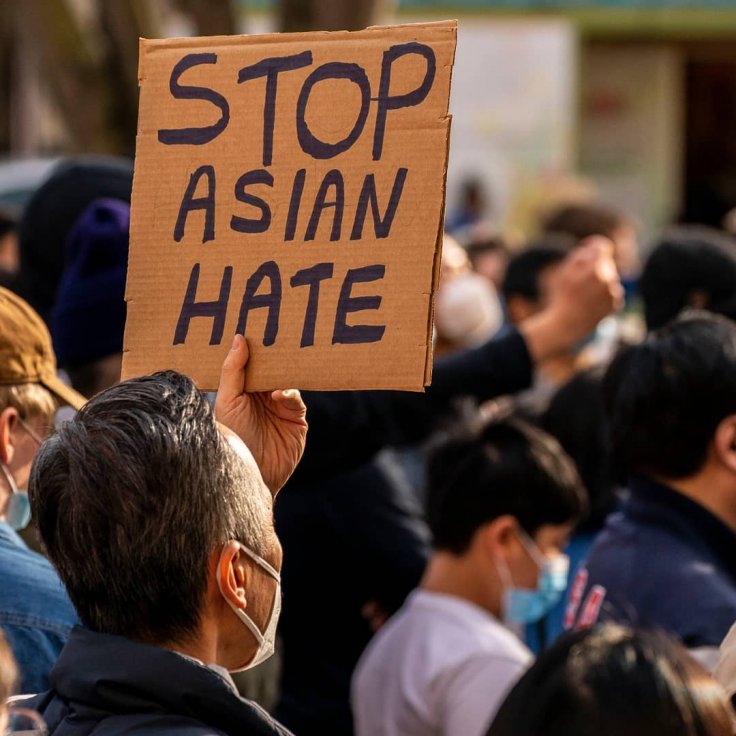American company The Breakfast Cure is in trouble online over its claim to have "improved congee", an Asian rice porridge. Controversy arose after the US firm was accused of cultural whitewashing. The Oregon-based company, which sells pre-packaged congee, has now apologized to the Asian Americans and Pacific Islanders (AAPI) community.
Congee is a staple porridge dish popular in Asian countries. The company was founded by Karen Taylor in 2017, a white woman. The firm markets itself as offering a variety of congee, some new creations, some true to the "ancient tradition".
Many people are taking issue with the way Taylor referred to the food as being "improved" by her interpretation of it, reported TODAY. The language was interpreted by many in the AAPI community to be dismissive towards a dish that is a staple across Asia.
According to the South China Morning Post, many people also said it was an example of Western businesses "discovering" Asian culture and misappropriating it for their customers.
Breakfast Cure Issues an Apology
In response, Breakfast Cure changed the title and content of the advertising post that caused offence. "We take full responsibility for any language on our website or in our marketing and have taken immediate steps to remedy that and educate ourselves. [We revised] our mission to not just create delicious breakfast meals, but to become a better ally for the AAPI community," it said.
What is Congee?
According to Wikipedia, Congee is a type of rice porridge or gruel eaten in Asian countries. It most commonly refers to the Chinese version of the dish. When eaten as plain rice congee, it is most often served with side dishes. When additional ingredients such as meat, fish, and flavourings are added while preparing the congee, it is most often served as a meal on its own, especially for people who are ill.
It is known by other names — like juk in Korea, bubur in Indonesia and cháo in Vietnam — and the word "congee" is an English term derived from the word "kanji," from the Tamil language of India.
Karen Taylor: I've spent a Lot of Time Modernizing Congee for the Western Pallet
Taylor's blog post that created controversy was titled as "How I discovered the miracle of congee and improved it". She revealed that she spent a lot of time modernizing congee "for the Western palate".
She wrote that after she first tasted congee "about 20 years ago" while in "Chinese medical school" in New Mexico, she was deeply intrigued by the concept of slow cooking grains and decided to create a "modern adaptation" of the dish, reported TODAY.
The post also said that she has spent over 20 years trying different combinations to find the really tasty, healthy ones that work in our modern world.
In a video promoting the business, Taylor calls congee, which has been around in Asia for thousands of years, a "new frontier" that's more accessible than other forms of Chinese medicine like acupuncture.
In the same video, she remarks that the Breakfast Cure was born out of her desire to allow American people to be "confident and comfortable" making "this sort of weird thing" at home.

Social Media Reactions
The post didn't go well with the netizens and social media users started to criticize Breakfast Cure for "gentrifying" and "whitewashing" congee. Many people have an objection with the company's marketing language.
As reported by the South China Morning Post, one person on Twitter drew a comparison to The Mahjong Line, a Dallas-based company founded by three white women that was criticized for misappropriating the classic Chinese game.
The mahjong company redesigned traditional tiles and wrote on its website that the traditional tiles "while beautiful, are all the same".
The person wrote: "It's like the mahjong [incident] all over again. Why do white people keep taking ordinary Asian stuff and acting like they discovered some ancient mystical secret and selling their own [worse] version for five times the price?"
Another person said: "I am begging my fellow white folks to stop. This is ... 'inspired by' congee, but it just went right back around into oatmeal. Why? How?"









